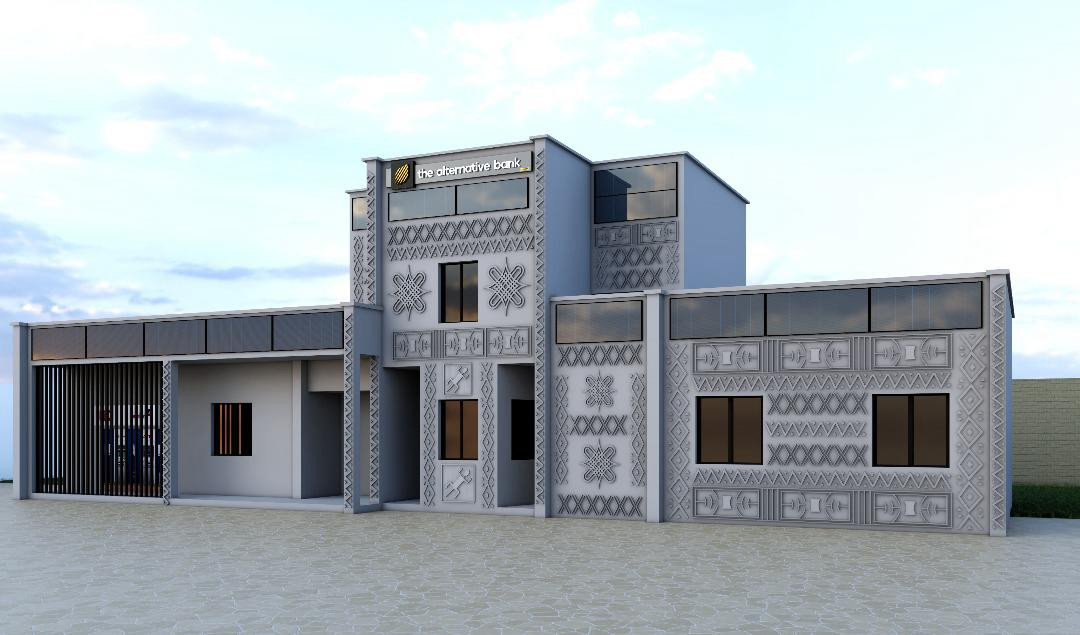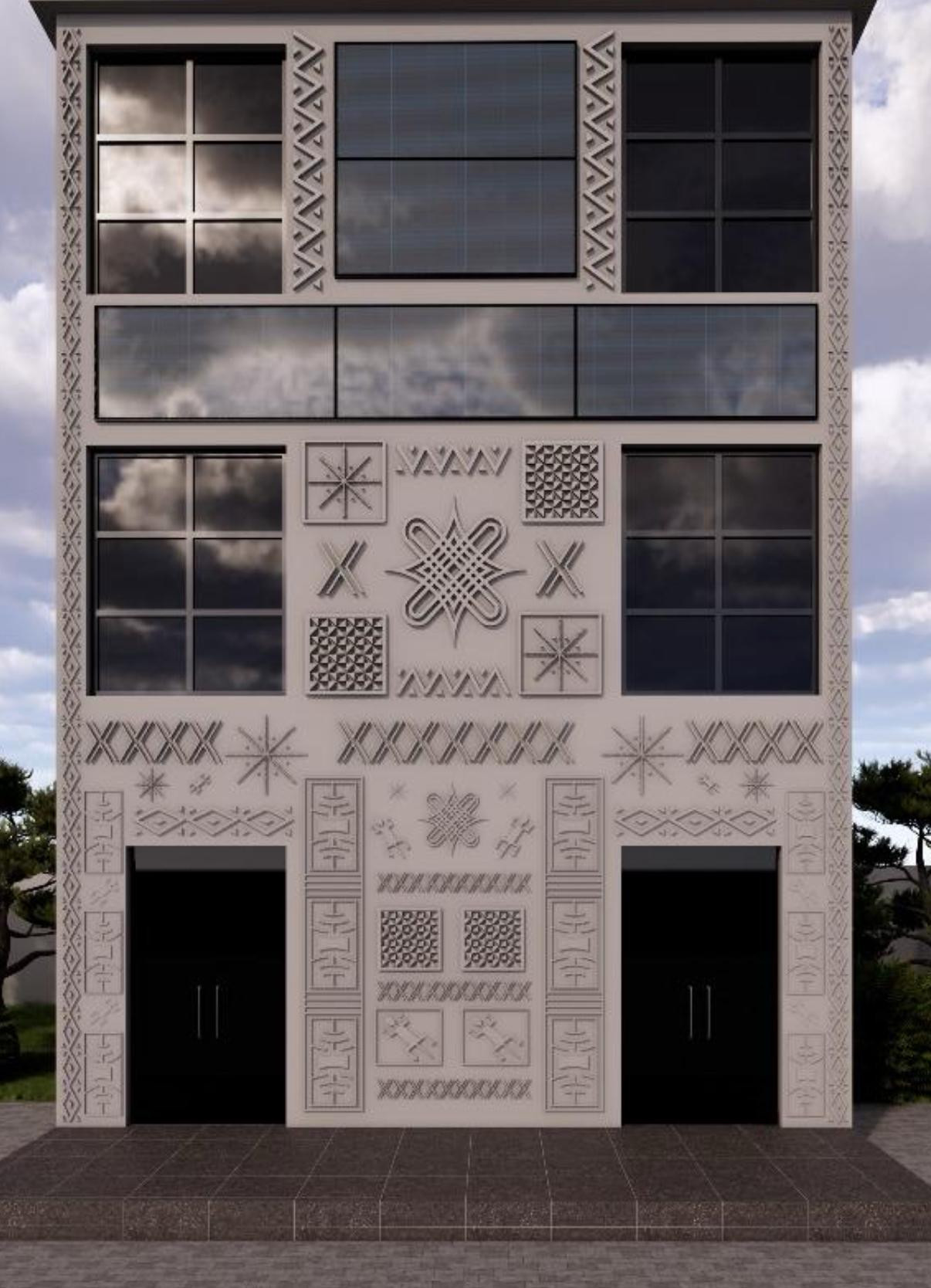Africa’s architectural heritage is a living archive of cultural identity, environmental wisdom, and community values. From Mali’s mud-brick mosques to the Zulu beehive huts, these structures are sustainable, symbolic, and deeply rooted in tradition. Yet, urbanization, lack of documentation, and generational disconnect threaten their survival.
To preserve and revitalise this legacy, the Centre for Black and African Arts and Civilization (CBAAC) in collaboration with the National Troupe Nigeria, the Institute of African and Diaspora Studies (IADS), University of Lagos and the EUNIC Cluster Nigeria members launches "Roots & Roofs": the Pan African Indigenous Skills Development Program (PAID). The project focuses on training a new generation in indigenous design and building techniques - while also exploring how performative arts and dance animate and give meaning to architectural spaces.
By linking built environments with movement, ritual, and storytelling, PAID highlights the dynamic relationship between space and culture. The project aligns with Nigeria’s cultural policy, the African Union’s Agenda 2063, and key SDGs - especially those on education, decent work, innovation, and sustainable communities. Through workshops, apprenticeships, and collaborative projects, PAID empowers artisans, designers, and performers to blend ancestral knowledge with modern needs - building a future that honours Africa’s past.
Blending ancestral knowledge with modern needs
The PAID Program is deeply rooted in Nigeria’s local context, responding to urgent cultural, political, social, and economic needs. Culturally, Nigeria is home to over 250 ethnic groups, each with rich architectural, artistic, and performative traditions. However, these traditions are rapidly eroding due to urbanisation, globalisation, and a lack of structured preservation efforts. PAID addresses this by reviving indigenous knowledge systems and integrating them into contemporary design, performance, and education - ensuring that cultural heritage is not only preserved but made relevant for future generations.
Rather than positioning Europe as a donor and Africa as a beneficiary, PAID fosters a partnership rooted in shared values, creativity, and innovation. It recognises Africa not only as a source of rich cultural heritage but also as a contributor to global knowledge systems—particularly in sustainable design, community-based development, and performative arts.
Alignment with UN Sustainable Development Goals
- SDG 4, Quality Education: PAID provides non-formal, skills-based education in indigenous architecture, design, and cultural documentation. It promotes lifelong learning by equipping youth with practical, creative, and entrepreneurial skills rooted in African heritage.
- SDG 8, Decent Work and Economic Growth: By training 500 young Nigerians and supporting community-based projects, the program fosters job creation, self-employment, and local enterprise development in the cultural, construction, and tourism sectors.
- SDG 11, Sustainable Cities and Communities: The program promotes sustainable building practices using local materials and traditional techniques. It enhances community resilience and identity through culturally relevant, eco-friendly design and infrastructure.
- SDG 9, Industry, Innovation, and Infrastructure: PAID encourages innovation by blending traditional knowledge with modern design and digital tools. It supports the development of new models for sustainable construction and cultural technology, including interactive gaming and digital archiving.
- SDG 5, Gender Equality: The program ensures gender balance in participant selection and promotes equal access to training, leadership, and creative opportunities for women and men in traditionally male-dominated sectors like construction and architecture.
- SDG 17, Partnerships for the Goals: PAID exemplifies inclusive, cross-sector collaboration between African institutions and European cultural and diplomatic bodies. It fosters equitable partnerships that prioritize mutual learning, cultural exchange, and shared responsibility.
- SDG 1 & 10, No Poverty & Reduced Inequalities: By targeting underserved communities and providing economic opportunities through skills training and local projects, the program helps reduce poverty and bridge regional and social disparities.


